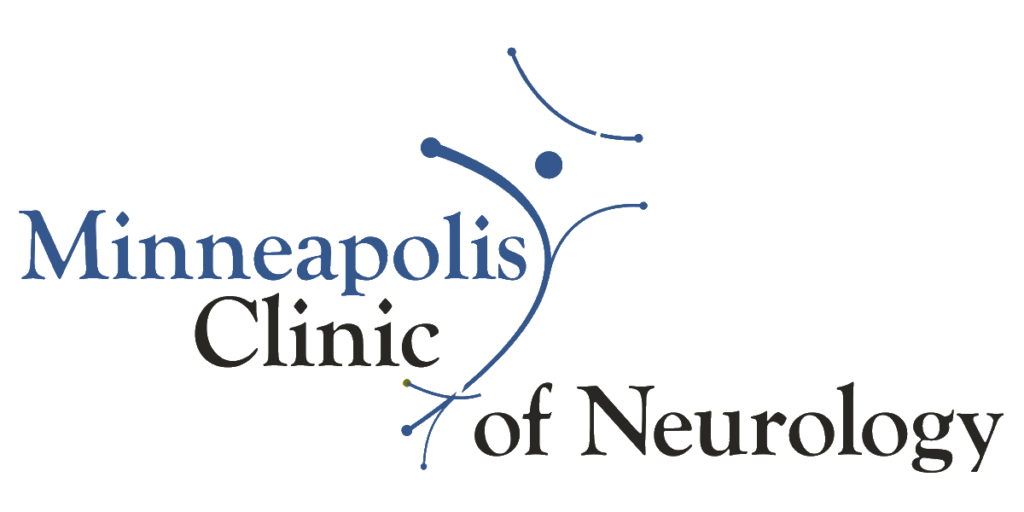In this episode of Neurology Now, Pete Waggoner engages with Dr. Janiece Aldinger in a revealing exploration of migraines and their impact on women’s health. Beginning with Dr. Aldinger’s early journey into the medical field, the discussion unfolds to showcase her transition from pharmacy to medical school. The conversation then shifts to the prevalence of migraines in women, exploring the significant role of hormonal influences, especially during pivotal life stages like puberty and menopause.
Addressing the unique challenges faced by women during pregnancy, the episode delves into trends related to migraines, triggers, and the evolving landscape of migraine treatments. The two also discuss the intersection of migraines and mental health, with Dr. Aldinger highlighting the anxiety and stress experienced by women with unpredictable migraines.
The conversation unveils Dr. Aldinger’s insights into common misconceptions, such as self-diagnosis of sinus headaches. She emphasizes the importance of acknowledging milder forms of migraines, dispelling the notion that they are exclusively severe headaches. The episode encapsulates the commitment to improving the quality of life for migraine sufferers and underscores the significance of understanding and validating one’s experiences.
Takeaways:
- When a recurring health issue like migraines disrupts one’s life, seeking professional guidance is crucial.
- Awareness of triggers, trends, and genetic predispositions empowers individuals to effectively address and prevent migraines.
- The intersection of migraines with mental health underscores the need for a comprehensive understanding and tailored treatments.
- Dispelling misconceptions around migraines is crucial for accurate diagnosis and improving the quality of life for sufferers.
In this episode:
[0:59] Pete explores Dr. Janiece Aldinger’s journey into the medical field, uncovering her early interest in medicine spurred by her nurse mother. Dr. Aldinger shares her transition from pharmacy to medical school, highlighting her passion for the work. Pete also delves into her involvement in research.
[2:40] Pete and Dr. Aldinger shift focus to the prevalence of migraines in women, delving into the statistical differences between genders. They explore how hormonal influences play a significant role, with Dr. Aldinger emphasizing the impact of hormonal fluctuations during puberty and menopause.
[07:05] Pete asks about migraines during pregnancy, and Dr. Aldinger details trends for women prone to migraines. Transitioning to triggers, they explore certain foods and vices, leading Pete to inquire about evolving migraine treatments for women over the years.
[11:14] The conversation turns to the intersection of migraines and mental health. Dr. Aldinger highlights the anxiety experienced by women with unpredictable migraines. She notes a link between mental health conditions and an increased susceptibility to migraines due to their impact on neurochemistry. Pete further explores the potential genetic predispositions to migraines, questioning if they can be inherited.
[16:39] Pete addresses the issue of downplaying migraines, seeking Dr. Aldinger’s advice for those “toughing it out.” Dr. Aldinger addresses common misconceptions, such as people self-diagnosing sinus headaches as migraines. She also dispels the notion that migraines are exclusively severe headaches, highlighting milder variants that neurologists can effectively address.

Resources:
Quotes:
- “I just felt that neurology was the right field for me. Mainly because a lot of neurology is about solving mystery type puzzles.” – Janiece Aldinger, M.D.
- “I just think so often people ignore things, from what I’ve observed. And it’s so important to listen to yourself and understand what you’re feeling is real.” – Pete Waggoner
- “It’s been very satisfying over the course of my career, with all the treatment we have for migraine, to get people away from that fear and onto living the highest quality life that they can.” –Janiece Aldinger, M.D.








